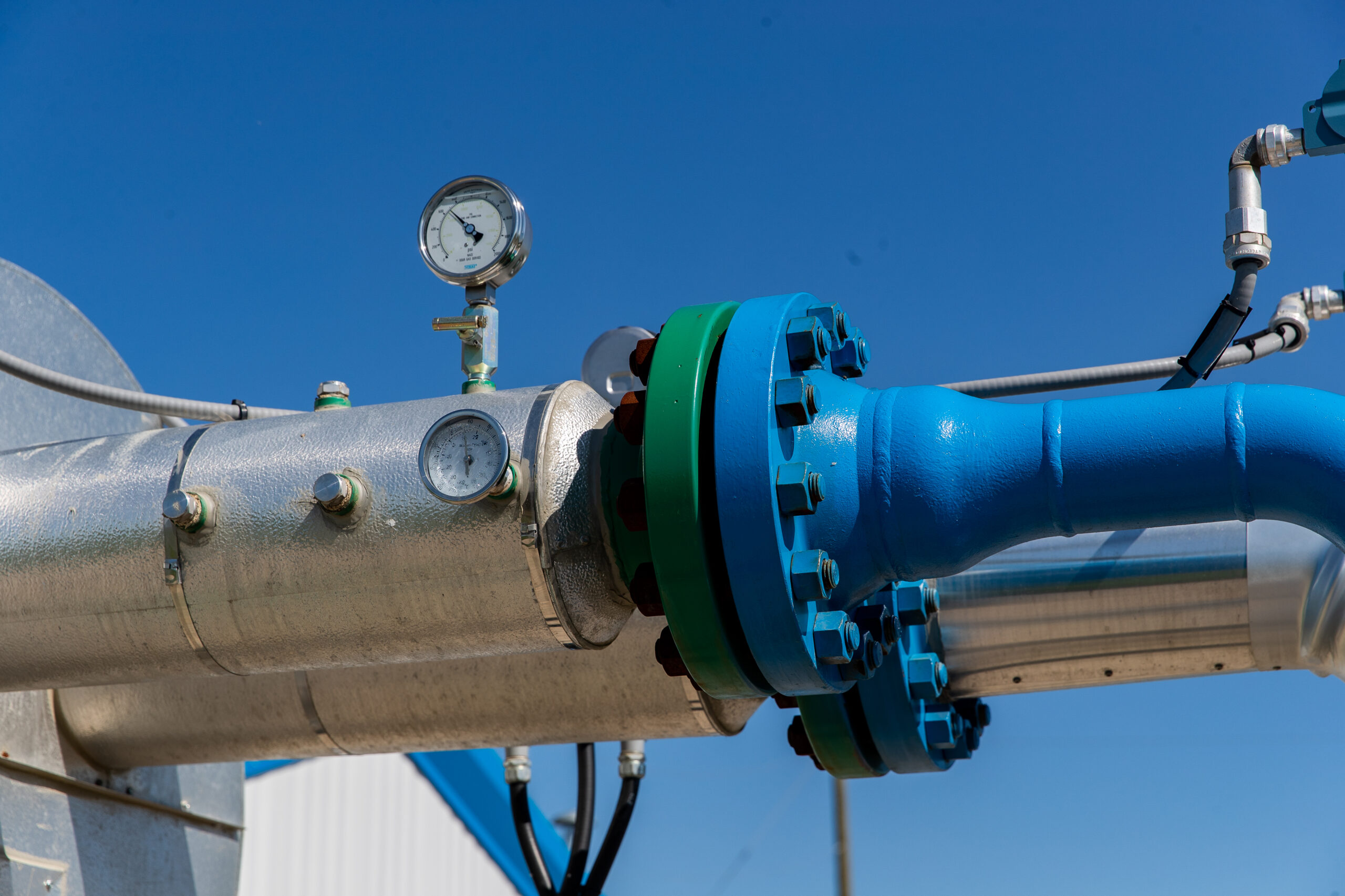

Detect Carbon Monoxide
Detect Carbon Monoxide
Carbon monoxide is an odourless and colourless gas produced as a by-product of combustion when common fuel-burning appliances and equipment that use natural gas, oil, wood, propane, and kerosene, don’t get enough air to burn completely. When inhaled, carbon monoxide binds to the hemoglobin of your blood cells, preventing oxygen from being adsorbed. Installing carbon monoxide alarms is an essential step in detecting carbon monoxide and warning building occupants.
The symptoms of carbon monoxide poisoning are similar to those of the common flu. The young, the elderly, or the infirm are most quickly affected by carbon monoxide. Exposure time and concentrations will affect the severity of any of the following symptoms:
- Low Concentration – Slight headache and/or shortage of breath during moderate physical activity.
- Higher Concentration – Severe headache; dizziness; nausea; vomiting; mental confusion; weakness; vision and hearing impairment; collapse or fainting during exertion; loss of muscle control; and/or drowsiness.
- Extreme Concentration – Unconsciousness; brain damage; or death.
If any of these symptoms are present and if the symptoms are less evident or disappear altogether when you leave the area, it could be the result of carbon monoxide exposure. Take immediate action to prevent further exposure.
- Make sure your wood-burning fireplace has enough air for combustion and the chimney or flue is not blocked;
- Have your heating system, water heater, and other fuel burning appliances serviced by a qualified technician every year;
- Never run a vehicle, snowblower, or lawnmower in a closed garage or confined space;
- Never use charcoal, propane, or natural gas barbecues indoors;
- Avoid prolonged use of exhaust fans, power attic vents, and central vacuum systems, since they can create negative air pressure within your home; and
- Never use a gas range or unvented space heater to heat an inside space.
- Install at least one carbon monoxide alarm in your home. One alarm per floor is recommended. If you only have one, place it near bedrooms.
- Follow the manufacturer’s instructions for installing and maintaining your alarm.
- CO Alarms do expire; write its expiry date on it with a marker so you know when to replace it.
- Vacuum and inspect it monthly.
- Replace battery annually, if applicable
- Evacuate the building (don’t forget your pets) immediately.
- Once safely out, contact our 24 hour emergency line at 1-866-222-2068 or contact 911.
Only re-enter the area when advised it is safe to do so by an Apex Utilities representative or Fire Department staff. If you are unsure, call our 24 hour emergency line at 1-866-222-2068.